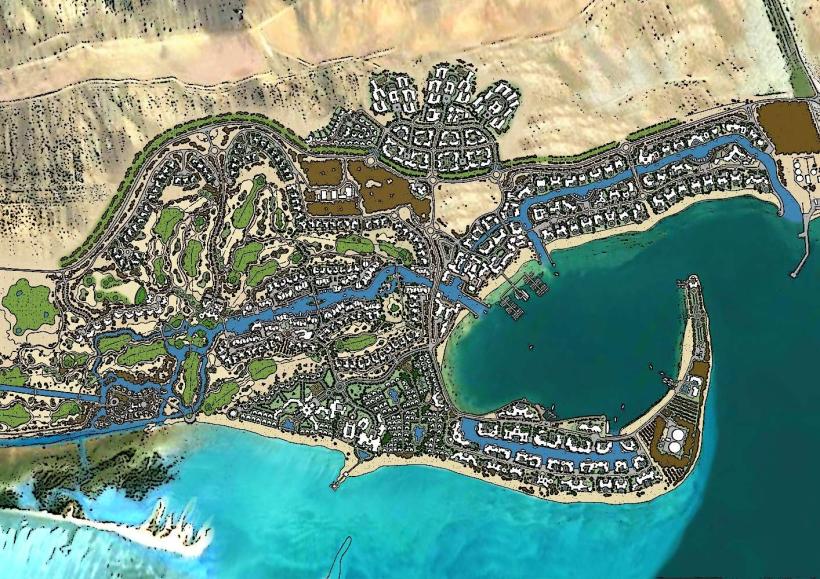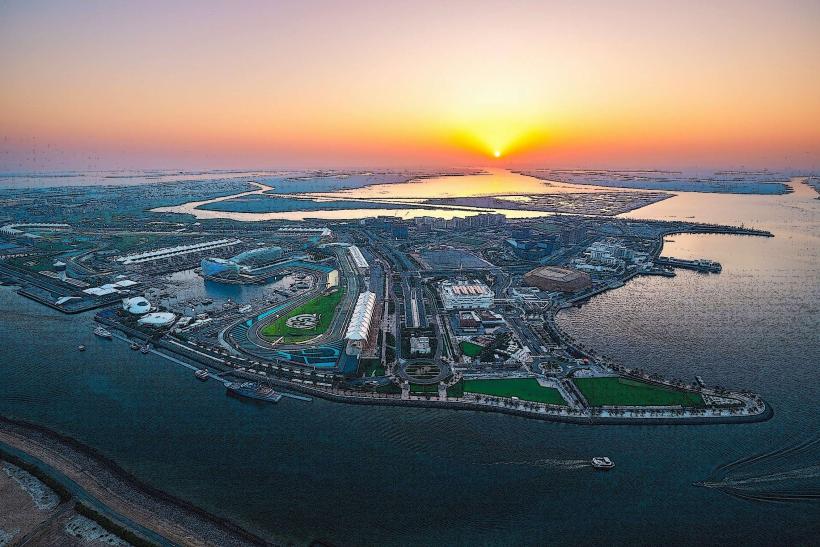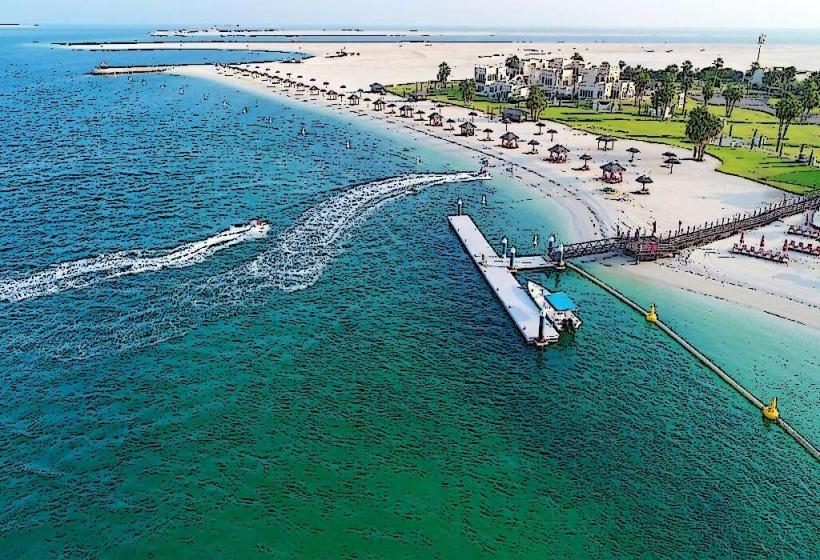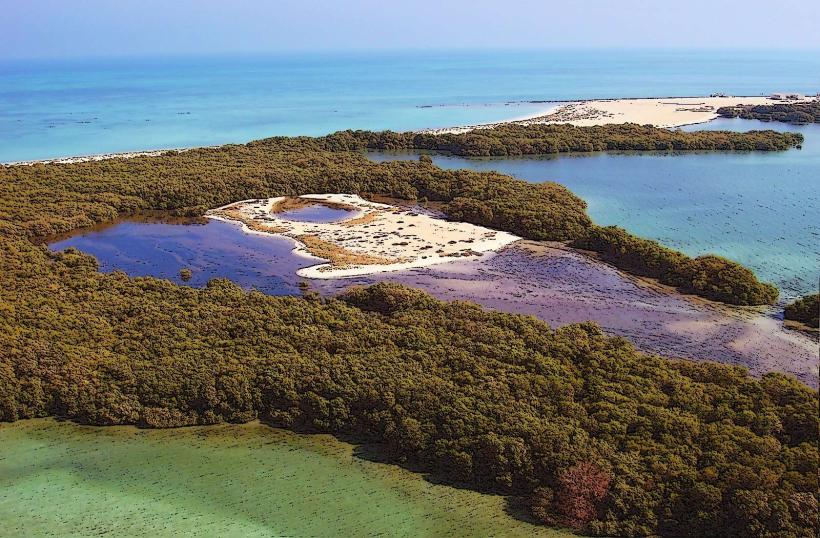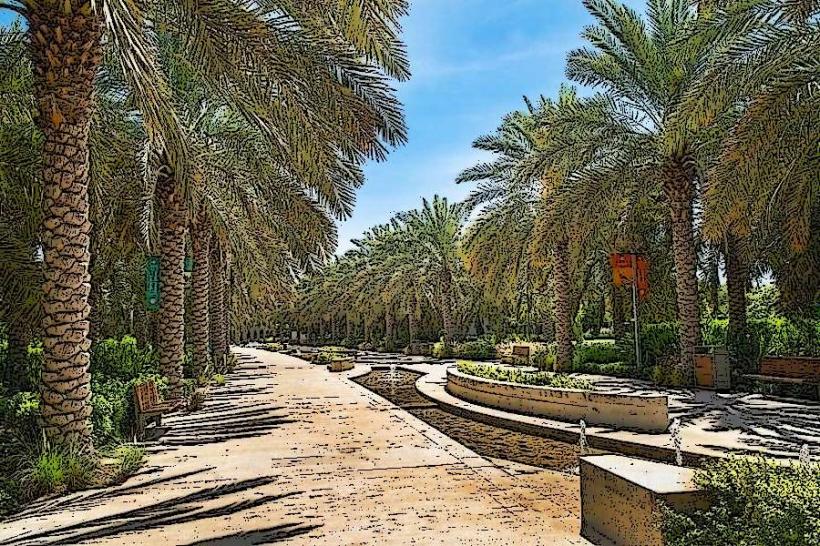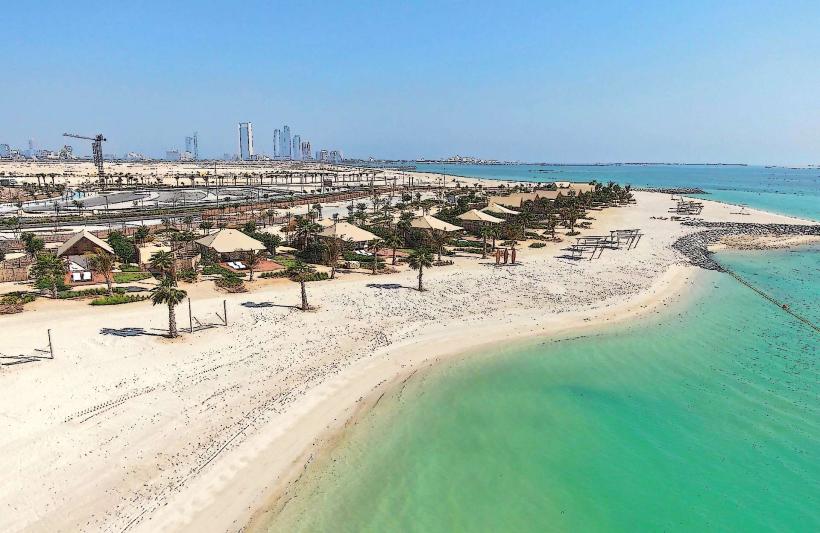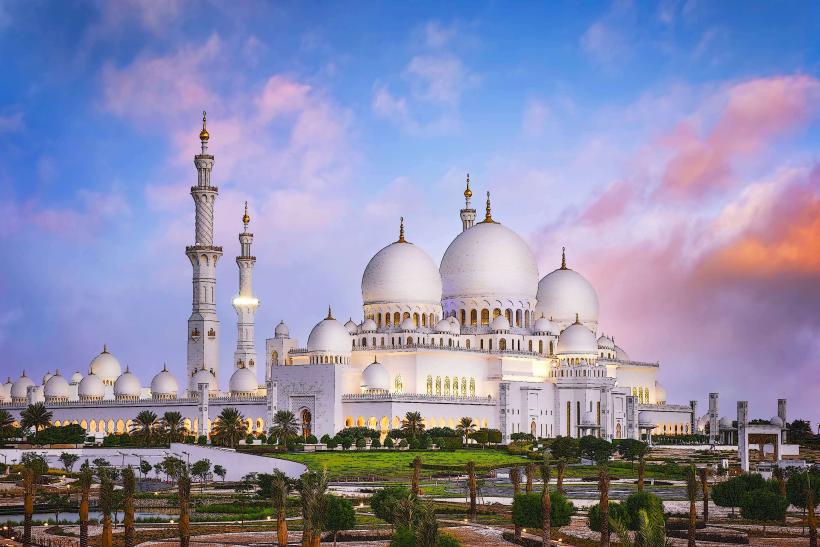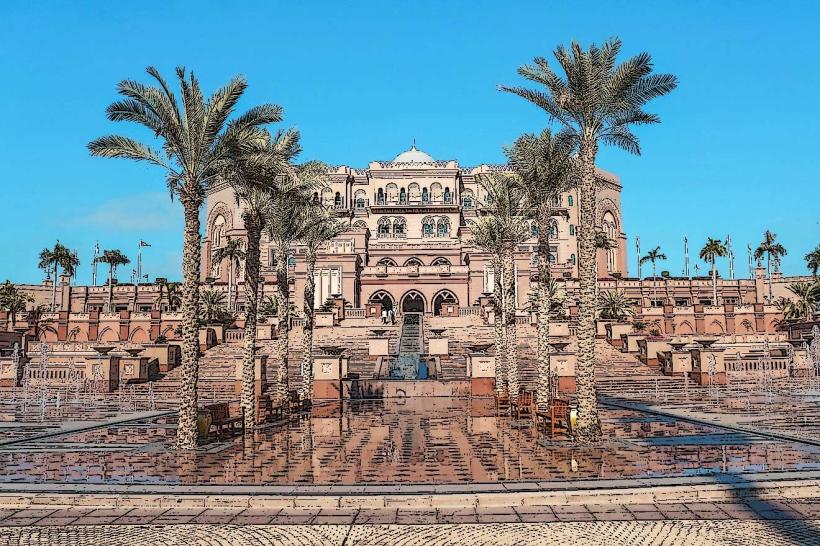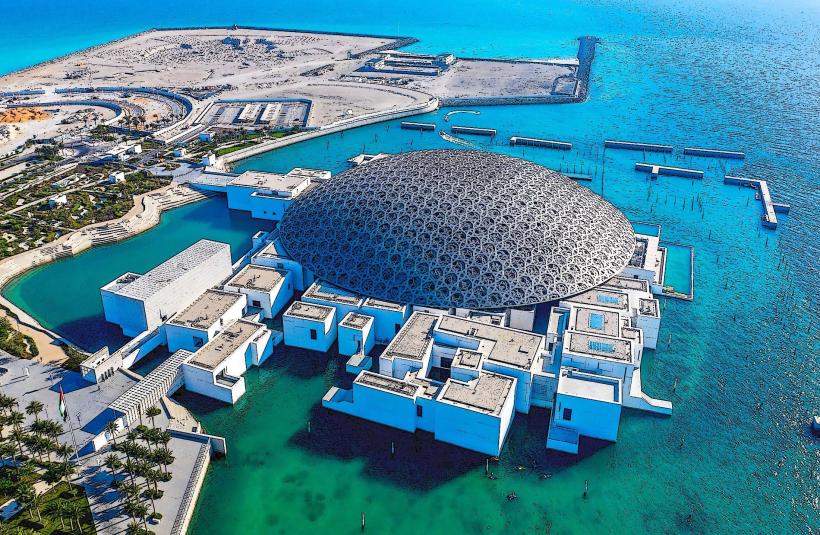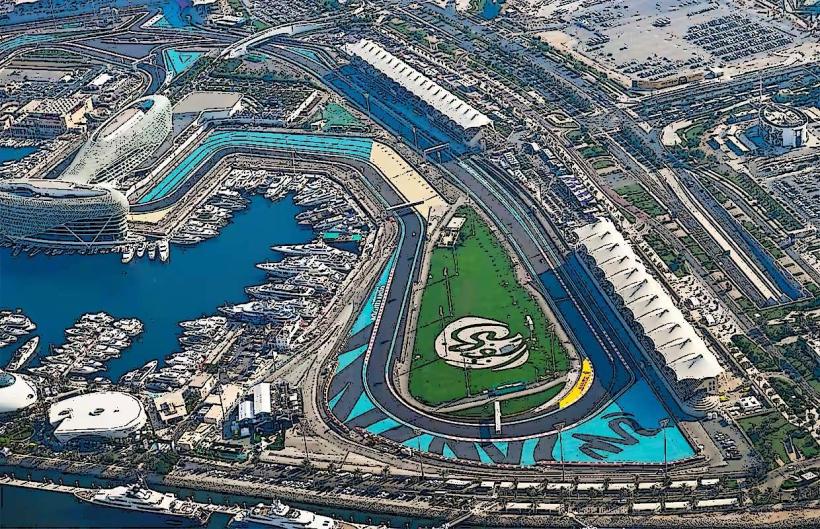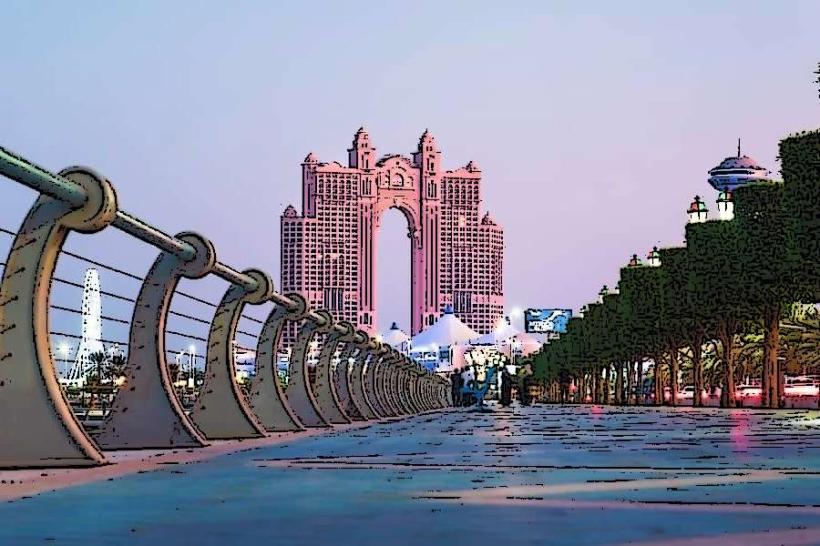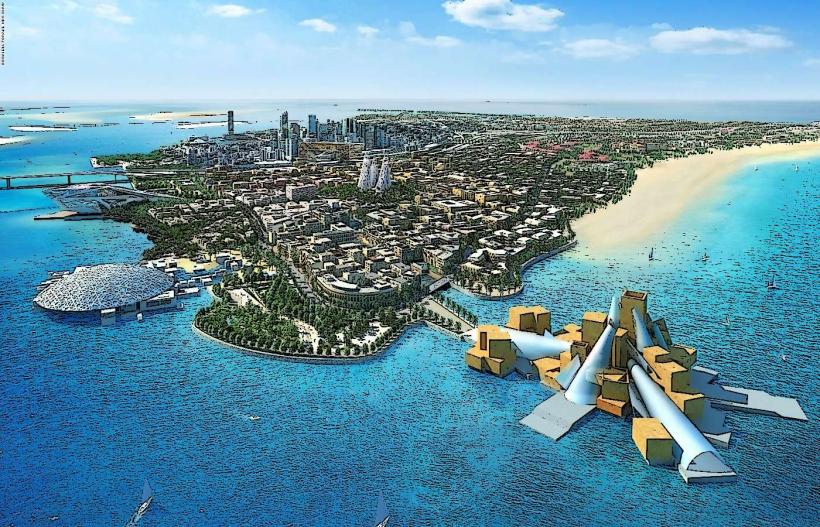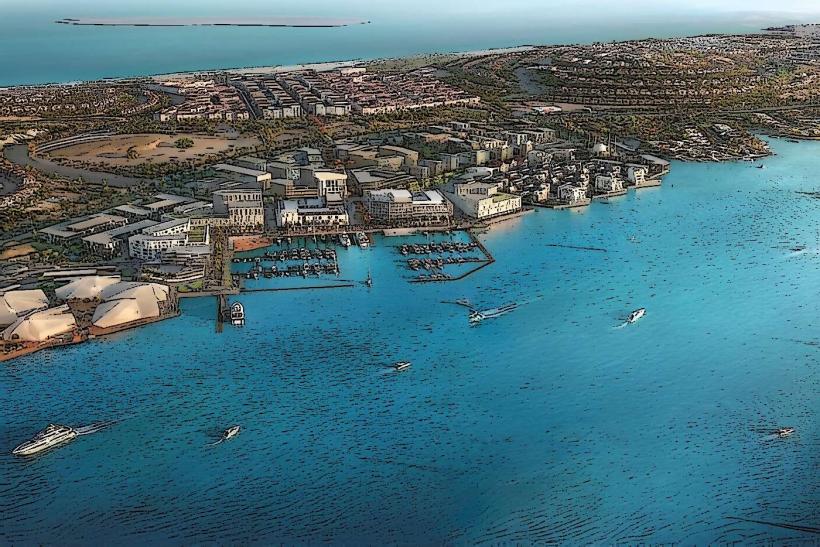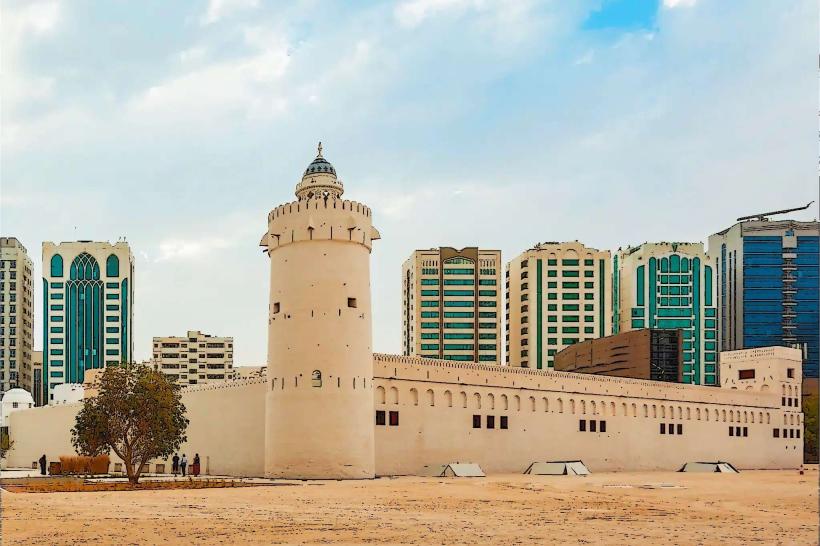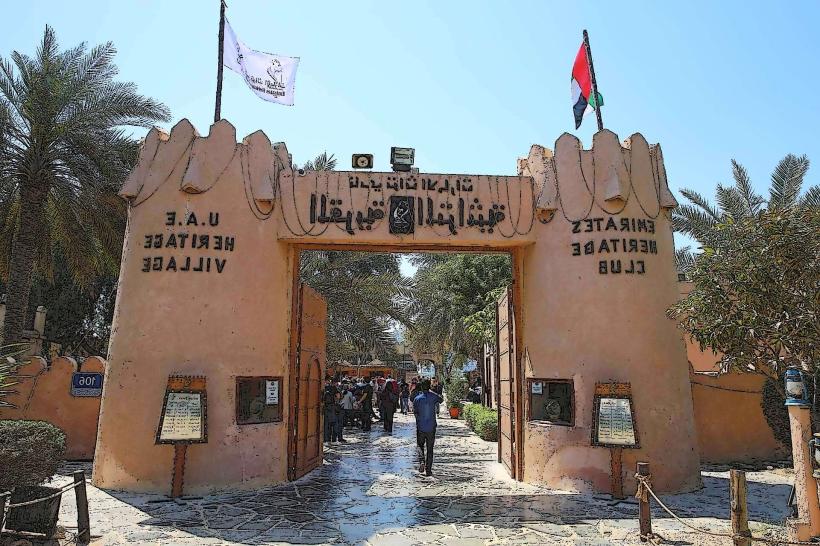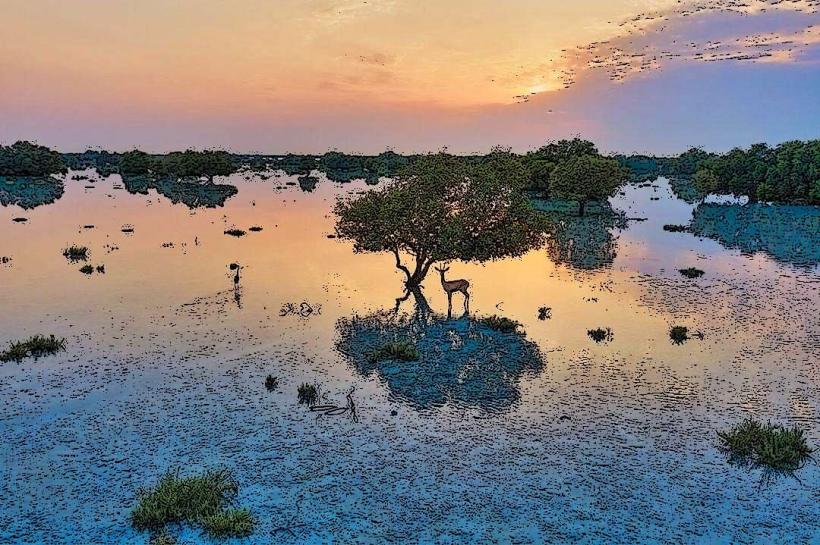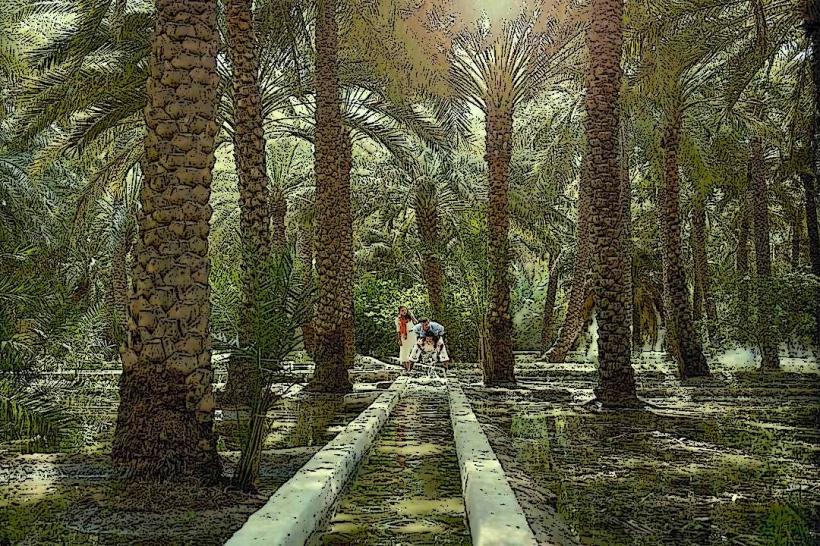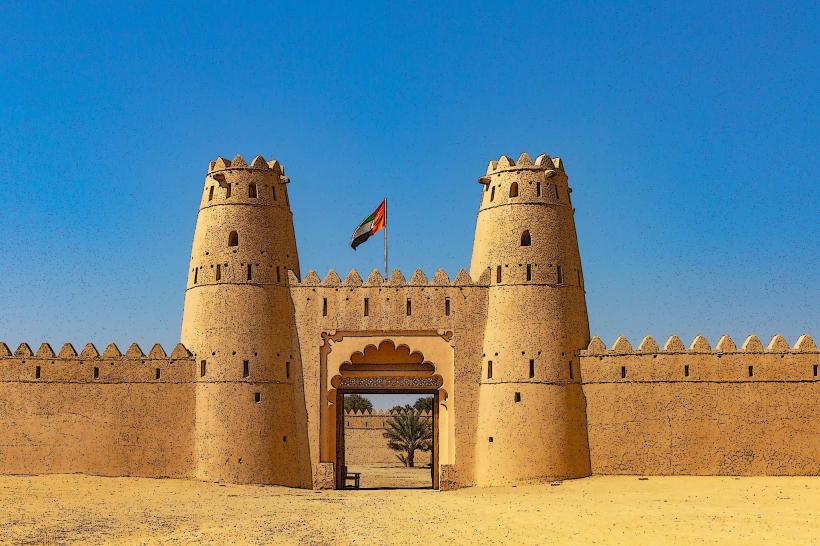Information
Landmark: Mangrove National ParkCity: Abu Dhabi
Country: United Arab Emirates
Continent: Asia
Mangrove National Park, Abu Dhabi, United Arab Emirates , Asia
Mangrove National Park is an ecological preserve located in Abu Dhabi, United Arab Emirates, protecting a significant area of natural mangrove forests.
The park features dense stands of grey mangrove (Avicennia marina) trees, characterized by their tangled prop roots that extend into the brackish water. The water within the park is shallow and varies in color from a light turquoise to a darker green depending on depth and sediment content. The substrate is primarily mud and sand.
Location & Access Logistics
Mangrove National Park is situated approximately 15 kilometers east of Abu Dhabi's city center. Access is primarily via Al Reem Island and then following signs for the Eastern Mangroves. Parking is available at designated visitor centers and access points along the Al Reem Island road. Public transport options are limited; bus routes do not directly service the park's core areas, requiring a taxi or private vehicle for the final approach.
Historical & Ecological Origin
The mangrove forests of Abu Dhabi are a natural geological formation, existing for thousands of years. They are classified as a coastal wetland ecosystem, crucial for filtering water, stabilizing shorelines, and providing habitat for marine and avian species. The grey mangrove is a salt-tolerant species adapted to the arid climate of the region.
Key Highlights & Activities
Kayaking tours are available, offering direct access to the mangrove channels. Guided boat tours operate on scheduled routes. Birdwatching is a primary activity, with opportunities to observe resident and migratory species. Walking trails are present in some sections, allowing for observation of the flora and fauna.
Infrastructure & Amenities
Restrooms are available at the main visitor center. Shaded seating areas are provided at designated points. Cell phone signal (4G/5G) is generally available within the park. Food vendors are not present within the park itself, but are located in the vicinity of the Al Reem Island access points.
Best Time to Visit
The optimal time for visiting is during the cooler months, from October to April. Early morning and late afternoon offer the best lighting conditions for photography, with softer sunlight. Kayaking and boat tours are best scheduled during high tide to ensure access to all channels.
Facts & Legends
The mangrove ecosystem acts as a natural nursery for many fish species, supporting local fisheries. A specific tip for visitors is to observe the small crabs that scurry across the mudflats during low tide; they play a vital role in the ecosystem's health.
Nearby Landmarks
- 0.8km West: Al Reem Island residential and commercial developments.
- 2.5km Southwest: Abu Dhabi Corniche.
- 3.0km Southwest: Marina Mall.
- 4.5km West: Qasr Al Watan (Presidential Palace).

